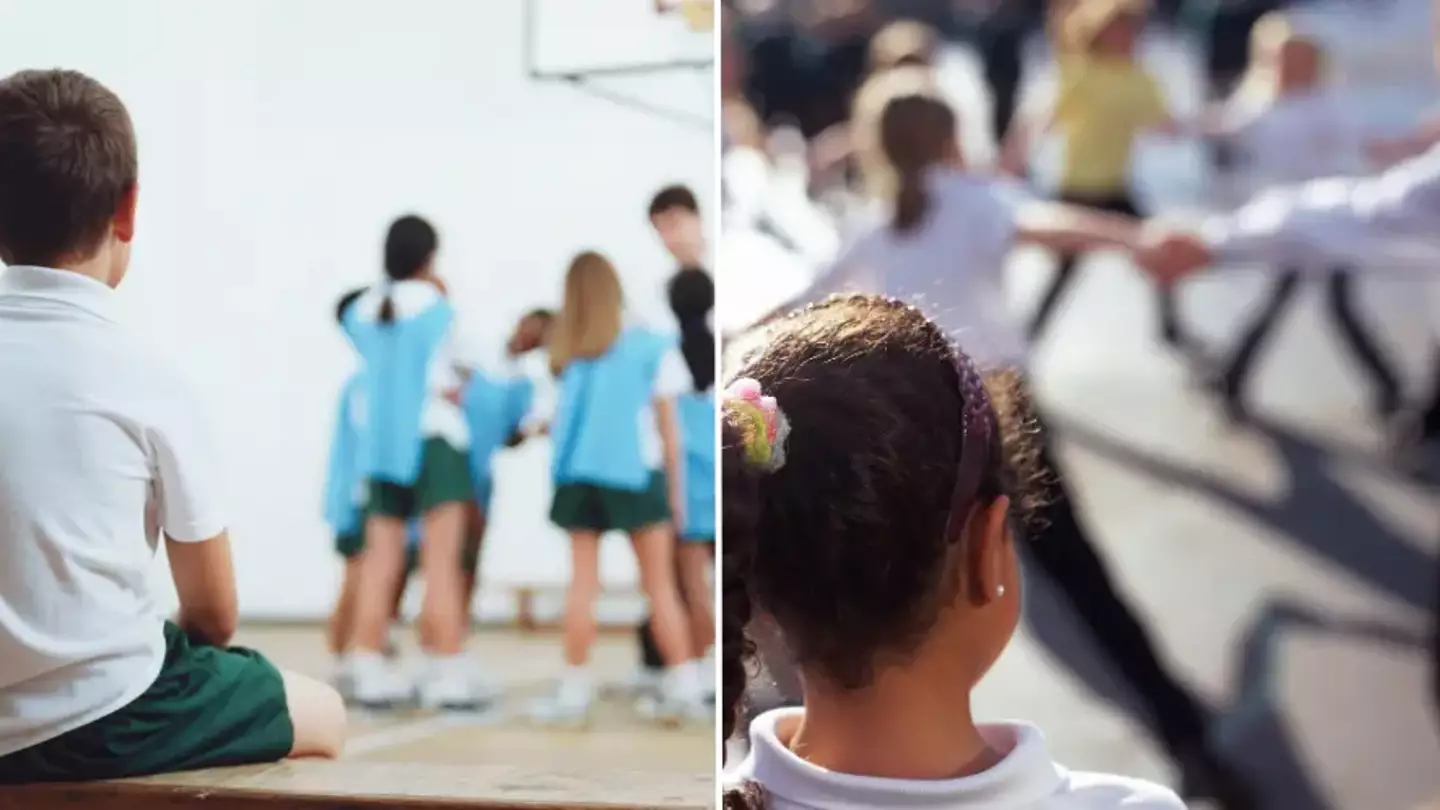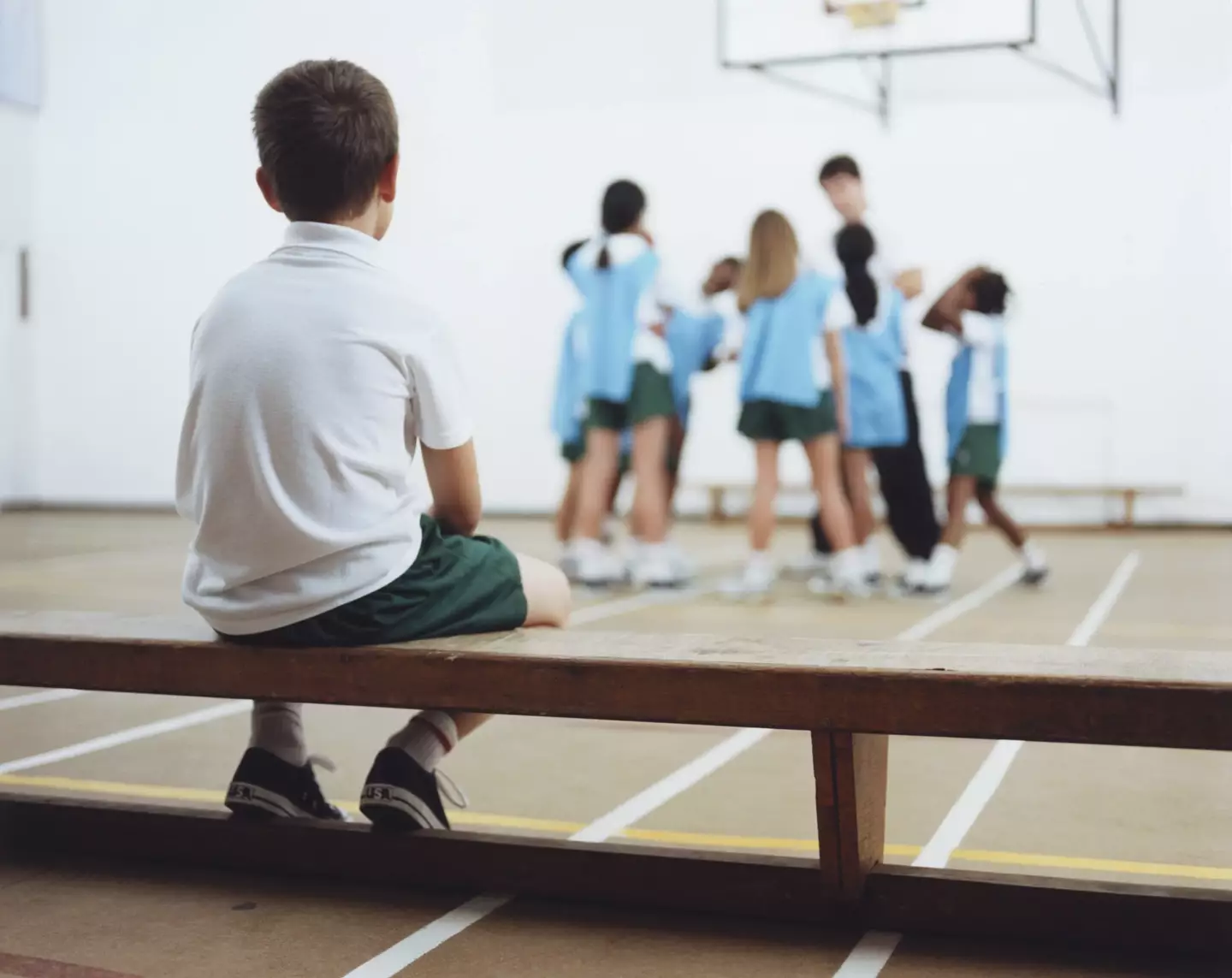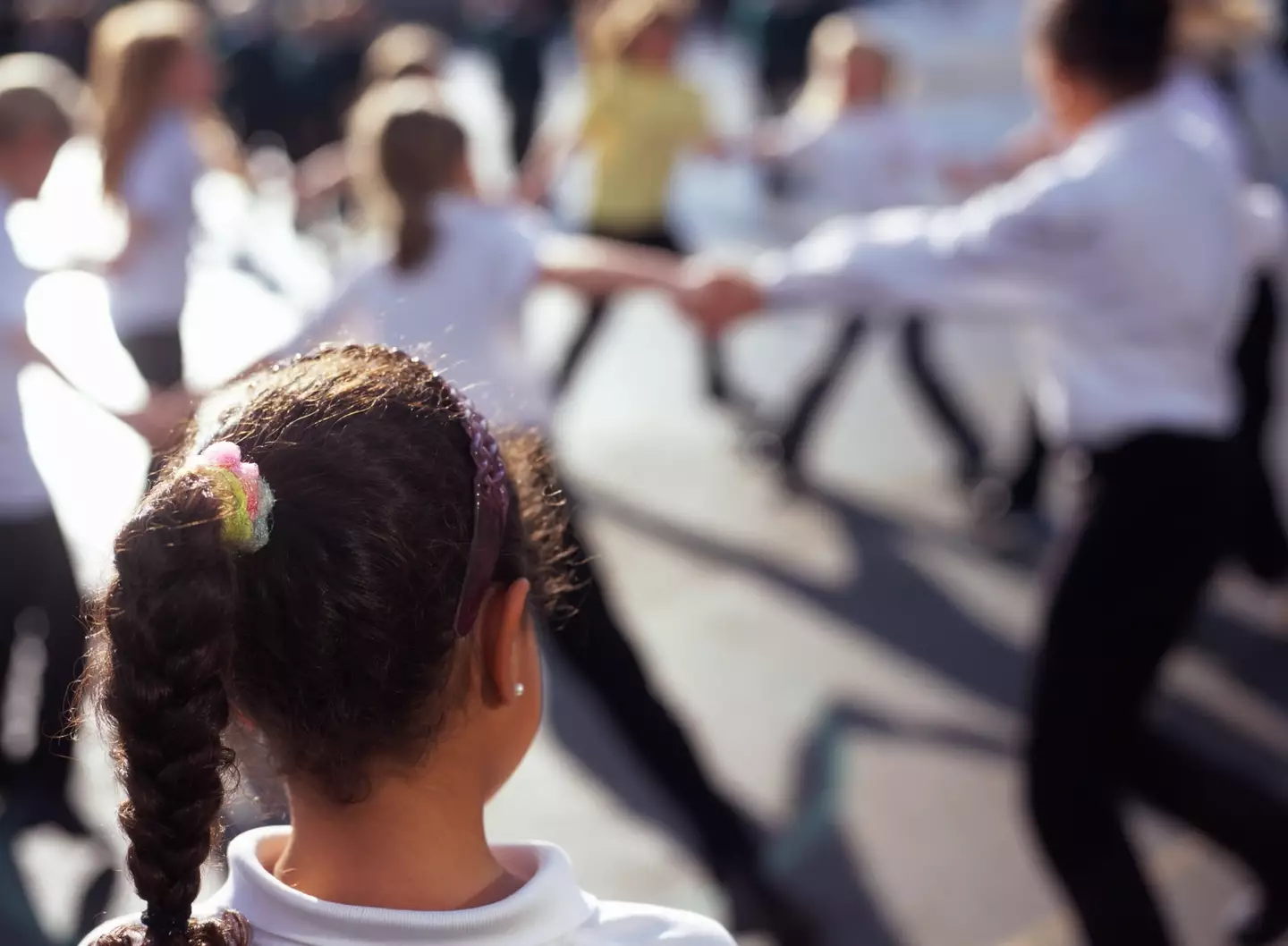
While our childhood doesn’t have to define us, we know there are many ways that it might help shape who we are as adults – good or bad.
As we grow older, it’s easy to look back on our early years as a carefree time we’ll never get back, with fond memories of running around the playground or making daisy chains in the garden.
But realistically children aren’t without their complexities – especially as it’s a period where we’re all trying to work out our place in the world, and forge new friendships.
According to psychologists, there are a number of traits people can develop if they’re ‘constantly excluded’ as kids – something that’s sadly all too common from time to time.
Advert

Dr Alexandra Stratyner PhD, told Parade that childhood is the ‘most significant’ time for our development, meaning these years can ‘significantly’ impact us for the rest of our lives.
"Being excluded as a child can cause feelings of loneliness, sadness, anger, self-doubt and anxiety,” the New York-based psychologst said.
“If these feelings are not addressed, they can linger into adulthood, which can hurt one's mental health."
She explained that peer interactions teach youngsters not only about psychologists, but also social norms, so if they lack in this area then it can be hard to learn.
In turn, there are 11 traits that may develop as adults:
Social insecurity
Psychologist Dr Brandy Smith, PhD, told the outlet that those excluded in youth can feel socially insecure for various reasons, potentially stemming from ‘reduced social interactions’.
"There is literally less data to pull from regarding how to interact with others,” she said.
Perfectionism
"A person excluded as a child may strive for perfection or go above and beyond in situations where it's unnecessary to try to prove their worth," Stratyner continued.
"They may also do this to try to be seen."
Creativity
In a more positive sense, Stratyner also believes those excluded as children may be more creative, finding many turn to a creative outlet such as writing or music as a ‘way to express themselves’.

Loyalty
Similarly, they may become fiercely loyal, with Stratyner explaining: “Someone excluded as a child may be extremely loyal to those they care about.
"This is because they value the relationship greatly and would go to great lengths to protect it."
Empathy
Being excluded may also lead to childhood growing into empathetic adults, with Stratyner saying they may relate to the ‘feelings of others who have also been isolated’.
Low self-esteem
Dr Joel Frank, PsyD, believes low self-esteem can also be linked.
"Low self-esteem...often leads individuals to question their worth and grapple with self-doubt," he told the outlet.
"For instance, if someone was excluded as a child, they may hesitate to share their ideas at work, fearing they won't be valued."
Overanalysing
Frank continued: "Individuals may notice a heightened sense of vigilance, constantly watching for signs of rejection.
"It leads them to overanalyze conversations and body language, interpreting innocent gestures as threats."
People pleasing
This one sadly may not come as a surprise, with many of those who felt left out as kids finding that they change themselves according to their surroundings in an effort to blend in.
"The downside with this is that it’s difficult to form a sense of self when constantly playing chameleon,” Smith said.

High external validation needs
Again, it’s no shock to learn that kids who don’t receive positive social feedback can develop into needy adults, with Smith saying they ‘may look to how often they are being invited to things for a sense of validation'.
Potential to isolate themselves
"Sometimes, when a person is often excluded, they will focus on self and create their own world, whether that be an imaginative world they connect with or becoming overly independent and not wanting much, if anything, to do with others," Smith said.
Highly structured
Finally, Frank reckons that those who lacked connection as children may go on to crave high levels of structure in their adult lives.
"Many find comfort in structured environments with clear rules and roles, providing a sense of security and minimizing the unpredictability that can lead to exclusion," he said.
"In workplaces with defined hierarchies, individuals may feel more at ease, understanding exactly what is expected of them."
Topics: Parenting, Mental Health